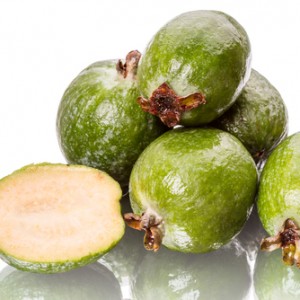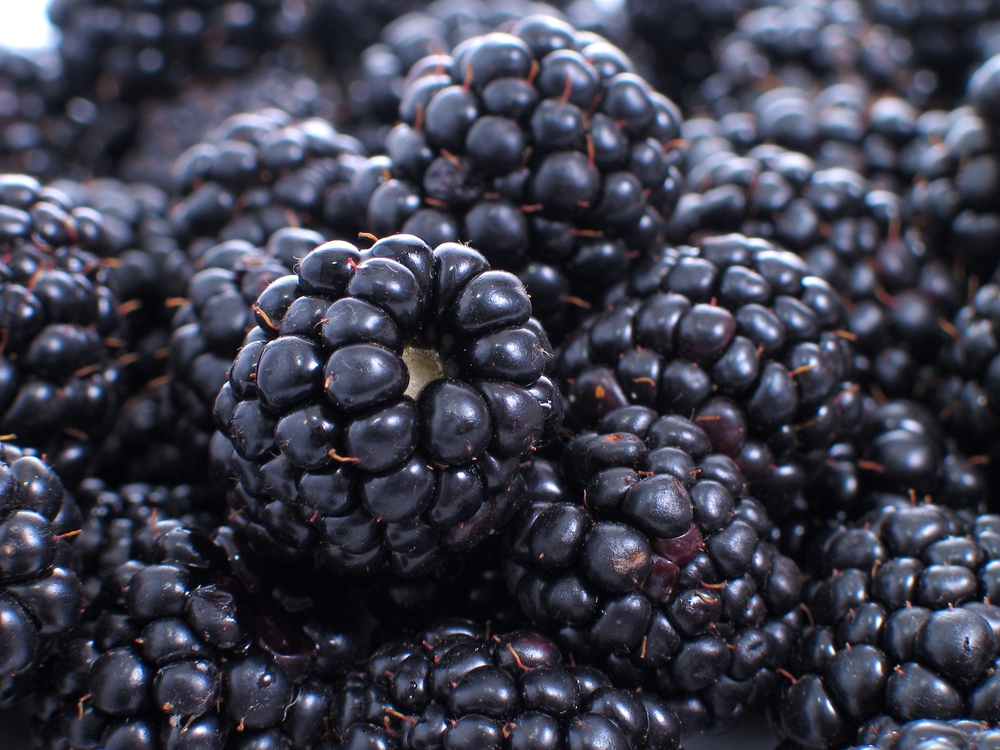A recent study from researchers at the University of Auckland showed that  feijoa and blackberries are fruits with high anti-inflammatory potential that manifests these properties through their positive effect on people with inflammatory diseases such as inflammatory bowel disease.
feijoa and blackberries are fruits with high anti-inflammatory potential that manifests these properties through their positive effect on people with inflammatory diseases such as inflammatory bowel disease.
The research project focused on 12 fruits to investigate their anti-inflammatory and anti-oxidant properties that could lead to treatments for inflammatory bowel disease. Scientists tested feijoa, blackberry, mango, cranberry, elderberry, blackcurrant, strawberry, red raspberry, pear, green grapes and black grapes.
According to what professor Lynn Ferguson from the University of Auckland stated in a press release: “Most fruits are good for you and have some anti-oxidant effect, but feijoa and blackberry showed the strongest anti-inflammatory response in the experiments.”
The project identified the fruit compounds that displayed an anti-inflammatory effect by revealing certain chemical pathways that could be further studied and tested to develop new and complementary therapies for inflammatory disorders as inflammatory bowel disease.
Ferguson explained: “Inflammatory responses are important for coping with damage, but an over-active inflammatory response is also damaging and can create problems. These responses can be debilitating for New Zealanders with an inflammatory disease, and these fruits can help to limit the inflammatory response.”
The results pointed to feijoa and blackberry as the fruits with the highest and strongest anti-inflammatory effects based on the several tests carried out by the researchers. Further, researchers came to realize that the feijoa compounds’ anti-oxidant action was not a direct effect because it was mediated through some inhibitory effects on an enzyme known as a kinase.
Professor Ferguson said that these results support previous studies suggesting these fruit extracts could be crucial to directly and indirectly regulating the oxidative stress and inflammation processes in cells.
“Feijoa is already known to be very high in polyphenols such as flavonoids and these may be responsible for the anti-inflammatory effects. Research to identify the active compounds will be the subject of further studies,” she said.
The testings included both skin and pulp of all the fruits. In the feijoa fruit, scientists concluded that the skin was more bio-active when compared to the pulp. “Some Asian cultures eat the skin, but in most western cultures many people find the taste too sour,” concluded Ferguson.

